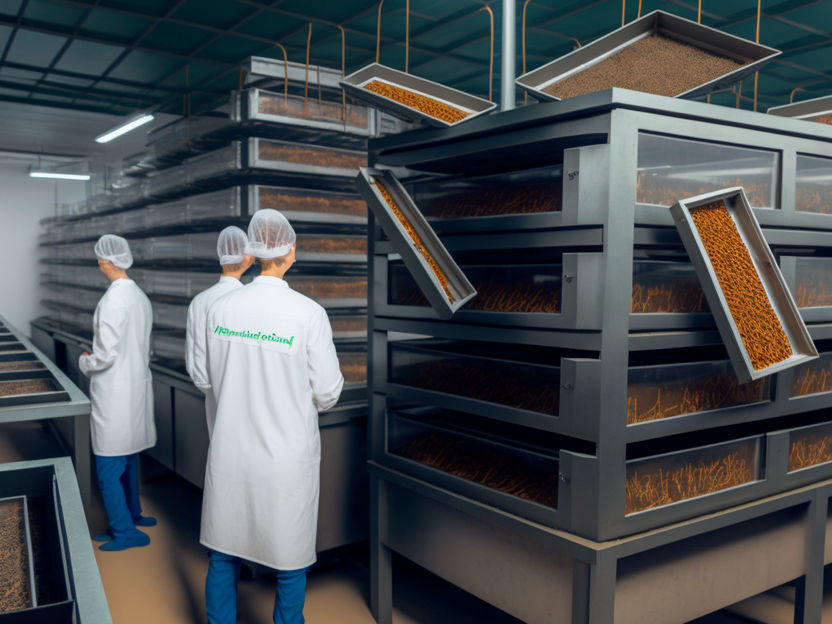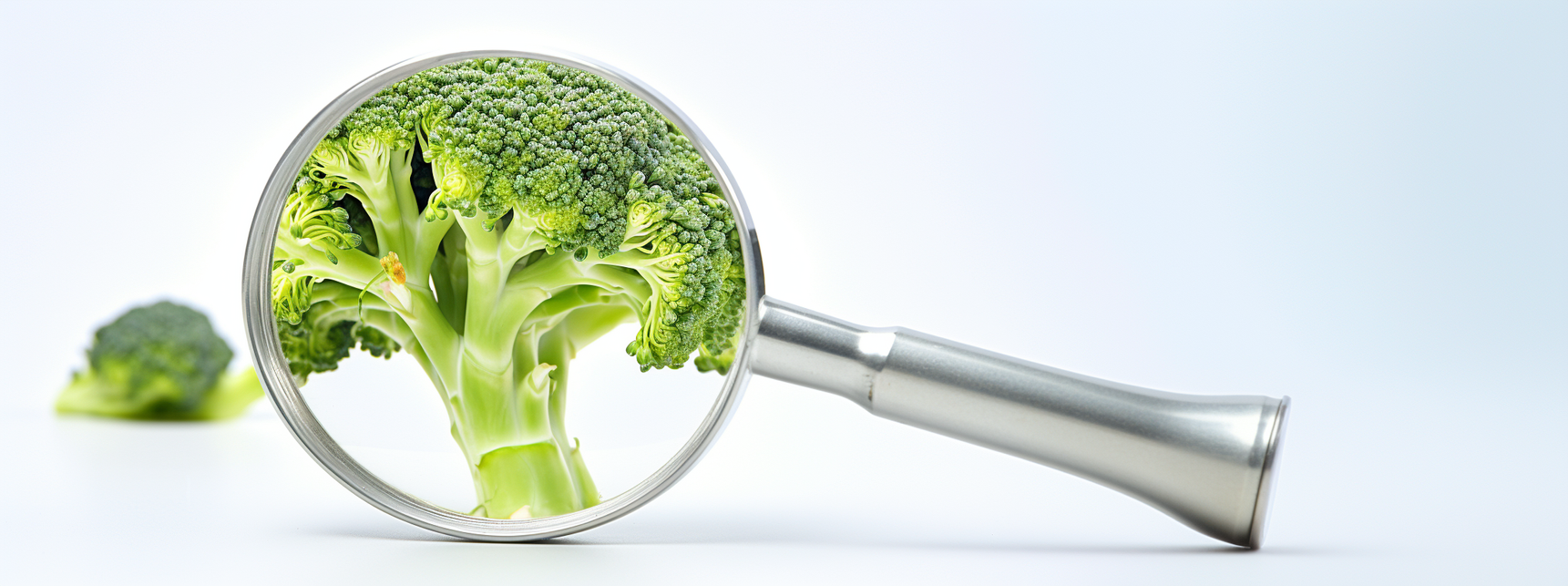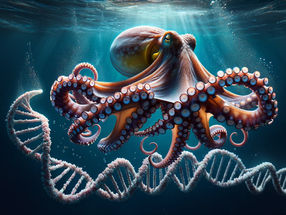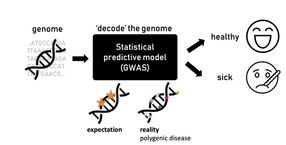*Free* Insect farming for livestock feed and human consumption
In two Perspectives, Arup Kumar Hazarika and Unmilan Kalita, and Arnold van Huis and Laura Gasco, discuss the potential of farming insects to improve global food security as both a source of human food and feed for livestock production, respectively. Food insecurity is a growing concern and rapidly growing global populations will require a more accessible, affordable, and sustainable source of nutrition. However, upscaling traditional agriculture and livestock production is not a sustainable solution. According to Hazarika and Kalita, farming edible insects could help improve food security as well as boost economies in rural or developing regions. In contrast to livestock meat production, insect production is far less resource-intensive and more economical. What’s more, they are rich in protein, fat, vitamins, minerals, and calories and can be a valuable supplement to human diets.

symbolic image
computer generated image
Although insects have historically been part of the human diet for many cultures for thousands of years, they are associated with a “yuck” factor and considered a “novel food” in most Western countries greatly limiting their broader appeal. Hazarika and Kalita argue that this acceptability among consumers and concerns about food safety are important challenges to overcome. In their Perspective, van Huis and Gasco discuss the potential for insect farming to replace conventional livestock feed. Livestock production accounts for as much as 80% of the world’s agricultural land use, yet only produces about 18% of all calories and 25% of all proteins consumed by humans. Van Huis and Gasco argue that using insects to supplement the current sources of livestock feed – which is mostly comprised of fishmeal and soybean meal – could improve sustainability by reducing green-house gas emissions and water and land requirements. What’s more, because some insects eat organic wastes, including spoiled fruits, vegetables and even manure, they could increase overall sustainability by transforming low-value agricultural waste into high-quality feed. The authors suggest that insect-based livestock feed may also provide unique nutrients and health benefits for the animals that eat it. However, the quantities of insects produced are not enough to sustain the demand for agricultural feed and legislative roadblocks currently limit the widescale adoption of insect-derived livestock feed.
Other news from the department science
Most read news
More news from our other portals
See the theme worlds for related content
Topic world Food safety
Food safety is at the heart of the food and beverage industry. It ensures that the food we eat every day is not only nutritious, but also free of harmful contaminants. From field to plate, the industry monitors and regulates every step of the process with strict quality controls, advanced testing methods and continuous research.

Topic world Food safety
Food safety is at the heart of the food and beverage industry. It ensures that the food we eat every day is not only nutritious, but also free of harmful contaminants. From field to plate, the industry monitors and regulates every step of the process with strict quality controls, advanced testing methods and continuous research.





























































